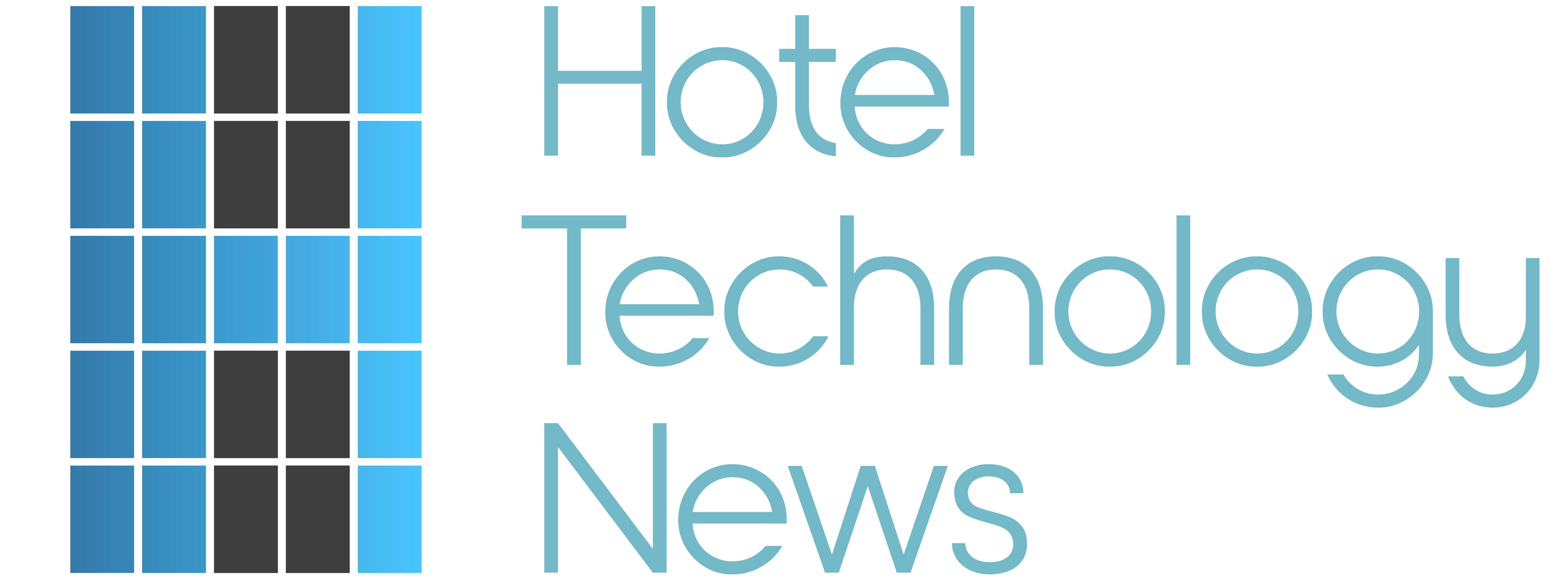
By HTN Staff - 7.9.2019
Here’s a science fiction premise: A weary traveler wanting some peace of mind that his hotel bed sheets, towels and quilts are clean as a whistle takes out his smartphone and quickly scans the linens to reveal the date of their last laundering. Seeing that the linens were last cleaned just that morning, he collapses into bed.
That premise will soon be reality, at least in one region of China, according to the Chinese state-run media outlet Xinhua.
While some of the details are sketchy, Wuhan Kunteng Laundry, a laundry service in Wuhan, in central China, which provides cleaning services for most of the city’s hotels, has reportedly begun stitching microchips into the corners of sheets, towels, quilts and other linens. The chip, about the size of a quarter, is water resistant and can withstand high temperatures.
The chip acts like an electronic ID card for hotel linen, linking reservation and washing information.
The technology reportedly comes from Germany and Japan. Linens containing the embedded chips require no special care. Staff members need only put unwashed linen on a conveyor belt, put washed linen on a special cloth-spreading machine and put the folded linen into packages. The environmentally friendly washing machine is equipped with sewage treatment equipment that can minimize wastewater pollution. It also uses secondary purified water for washing so the linen is cleaner and softer.
As a next step, QR codes will be printed on each towel and sheet. Hotel guests will then be able to scan the QR code to discover the “secret history” of each individual towel and sheet, including when it was last washed, how many times it has been used, and at what temperature it was disinfected.

This is not only recent innovation in the realm of “smart sheets.” In May, InvoTech Systems announced the implementation of its new wireless UHF-RFID handheld reader with integrated software Interface for portable use. The handheld can be used to streamline all hotel laundry, linen and uniform processes providing fast and accurate inventory scanning.
The solution manages all hotel textile items by electronically reading RFID tags attached to the linens, allowing them to be automatically identified, counted and tracked. It accurately records inventory activity and provides more than one hundred detailed reports. All linen-related activity is recorded to automatically and accurately monitor the laundry expenses and washing cycles, although, as of yet, there is no option for guests to do their own scanning to see when those sheets were last cleaned.

Only time will tell whether hotel linen cleaning history technology becomes widespread. For now, it simply speaks to the infinite possibilities that exists in a world where microchips, smartphones, and the desire on the part of hoteliers to deliver superior guest experiences are ubiquitous.


